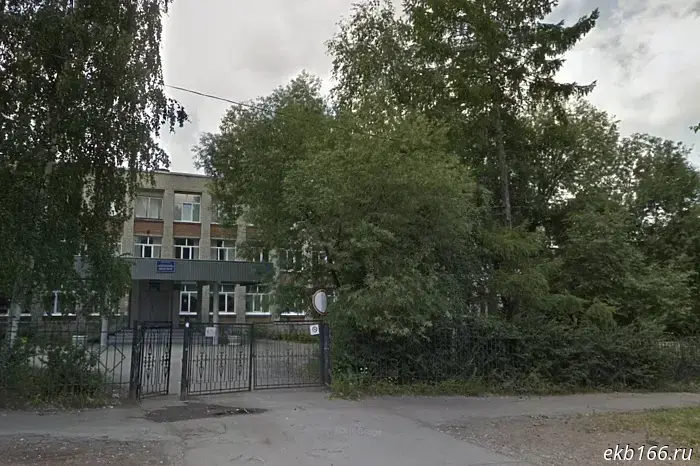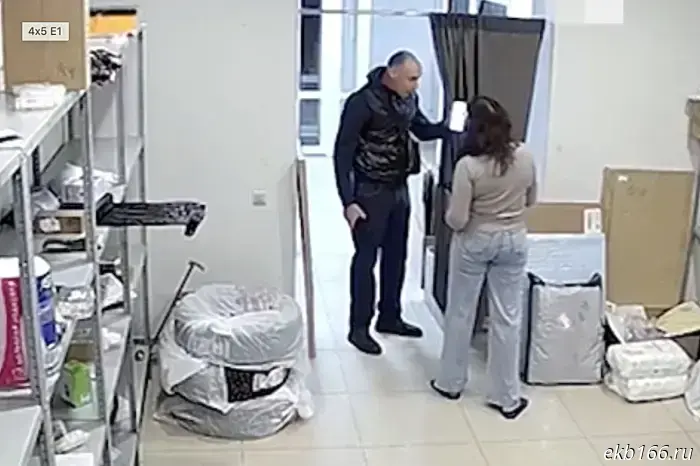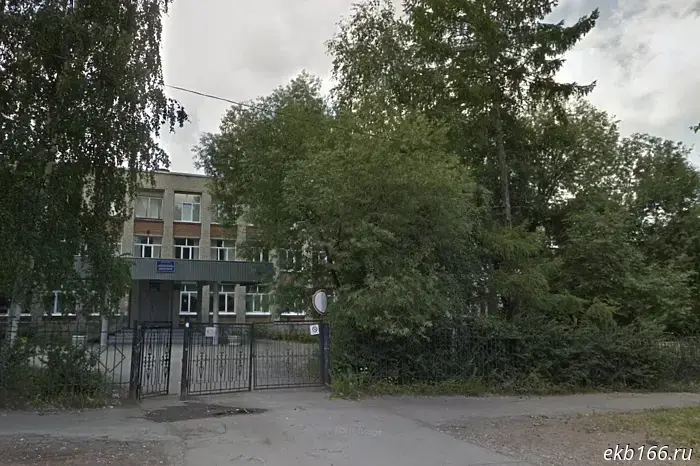
В Екатеринбурге злоумышленники заливают автомобили кислотой.
В Екатеринбурге машины пострадали от кислотного воздействия
8 октября 2025 года Жители дома на улице Парниковой, 8 столкнулись с неприятной ситуацией — во дворе несколько автомобилей были повреждены кислотой. Владельцы транспортных средств с тревогой обнаружили следы химического воздействия на дверях и кузове своих машин.
Фото: предоставлены водителями пострадавших автомобилей порталу Е1.RU
Комментарии (всего: 1)
Pro_Men
вчера в 16:07
Поблизости есть платная парковка?
Добавлять комментарии могут только зарегистрированные пользователи.



Другие Новости Екатеринбурга (ЕКБ166)
 В Екатеринбурге в центре города произошел инцидент с участием Lamborghini.
В центре Екатеринбурга случилась авария с участием дорогих автомобилей. На улице 8 Марта произошло столкновение Lamborghini Huracan Tecnica и кроссовера Mercedes. В результате ДТП движение на этом участке временно ограничили, к счастью, никто не пострадал.
В Екатеринбурге в центре города произошел инцидент с участием Lamborghini.
В центре Екатеринбурга случилась авария с участием дорогих автомобилей. На улице 8 Марта произошло столкновение Lamborghini Huracan Tecnica и кроссовера Mercedes. В результате ДТП движение на этом участке временно ограничили, к счастью, никто не пострадал.
 В Екатеринбурге была произведена экстренная эвакуация нескольких предприятий.
Сотрудники Уральского завода гражданской авиации (УЗГА) были срочно эвакуированы утром 8 октября. По словам читателей E1.RU, всех работников с разных площадок предприятия отправили домой, но официальных подтверждений этой информации пока не поступило.
В Екатеринбурге была произведена экстренная эвакуация нескольких предприятий.
Сотрудники Уральского завода гражданской авиации (УЗГА) были срочно эвакуированы утром 8 октября. По словам читателей E1.RU, всех работников с разных площадок предприятия отправили домой, но официальных подтверждений этой информации пока не поступило.
 В аварии под Екатеринбургом погиб ребенок, катавшийся на питбайке, который ему подарили бабушка с дедушкой.
В ДТП под Екатеринбургом погиб 14-летний подросток, который на питбайке, подаренном бабушкой и дедушкой, ехал по дороге. Инцидент произошел 7 октября в посёлке Ключевск, недалеко от Берёзовского, когда его сбил грузовик.
В аварии под Екатеринбургом погиб ребенок, катавшийся на питбайке, который ему подарили бабушка с дедушкой.
В ДТП под Екатеринбургом погиб 14-летний подросток, который на питбайке, подаренном бабушкой и дедушкой, ехал по дороге. Инцидент произошел 7 октября в посёлке Ключевск, недалеко от Берёзовского, когда его сбил грузовик.
 В Екатеринбурге неизвестный довел работницу Ozon до слез из-за патчей для глаз.
В Екатеринбурге мужчина разразился скандалом в пункте выдачи заказов из-за патчей для глаз. Причиной его агрессивного поведения стала неуспешная попытка его девушки произвести оплату заказа.
В Екатеринбурге неизвестный довел работницу Ozon до слез из-за патчей для глаз.
В Екатеринбурге мужчина разразился скандалом в пункте выдачи заказов из-за патчей для глаз. Причиной его агрессивного поведения стала неуспешная попытка его девушки произвести оплату заказа.
 Жители Свердловской области массово обращаются с жалобами на отсутствие мобильного интернета.
Жители Екатеринбурга и окрестных пригородов активно сообщают о проблемах с мобильным интернетом у клиентов оператора «Мотив». Первые жалобы на сбои начали поступать примерно в 11:00 8 октября.
Жители Свердловской области массово обращаются с жалобами на отсутствие мобильного интернета.
Жители Екатеринбурга и окрестных пригородов активно сообщают о проблемах с мобильным интернетом у клиентов оператора «Мотив». Первые жалобы на сбои начали поступать примерно в 11:00 8 октября.
 В школе Екатеринбурга внедрили необычное расписание.
В школе № 125, расположенной на улице Чекистов в Екатеринбурге, было введено нестандартное расписание: теперь некоторые классы учатся не утром и не после обеда, а с середины дня.
В школе Екатеринбурга внедрили необычное расписание.
В школе № 125, расположенной на улице Чекистов в Екатеринбурге, было введено нестандартное расписание: теперь некоторые классы учатся не утром и не после обеда, а с середины дня.
В Екатеринбурге злоумышленники заливают автомобили кислотой.
Жители дома на улице Парниковой, 8 столкнулись с неприятной ситуацией — во дворе несколько автомобилей были повреждены кислотой. Владельцы автомобилей с ужасом обнаружили следы химического воздействия на дверях и кузове своих машин.
